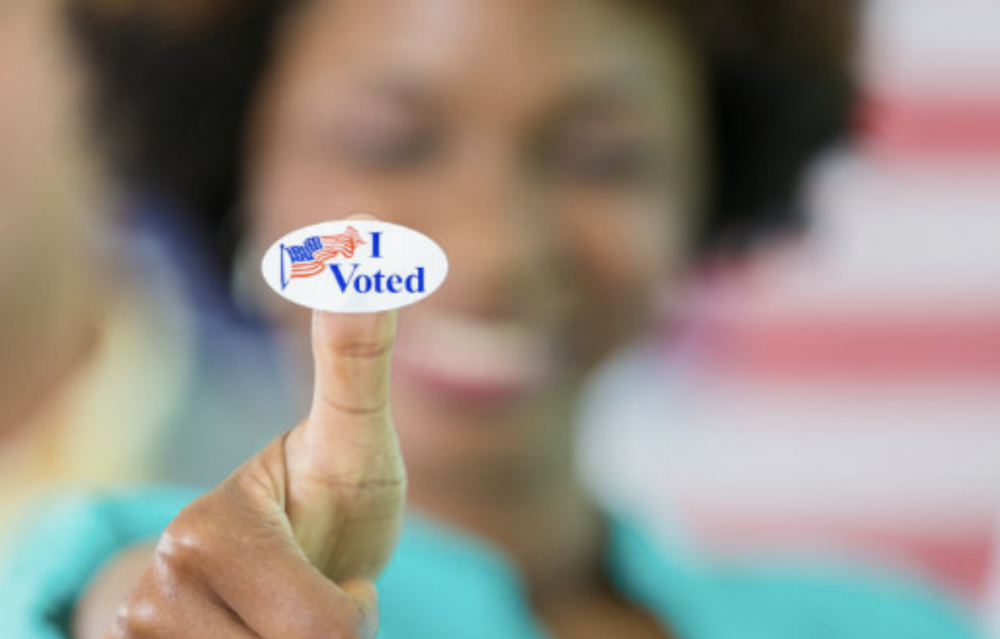Why do people believe their vote has no value?
Why do so many people feel disenfranchised?
Why do people feel such a disconnect between their personal lives and the matters of government?
While there is more than one answer to these questions, perhaps it isn’t too difficult to see why many would feel this way, because underlying all the socio-economic reasons, democracy has a math problem.
Let’s arbitrarily say there are 100 people living in your voting District.
Of that 100, about 29%* are ineligible to vote (underage, non-citizens, incarcerated felons, etc.).
Therefore, 100-29 = 71 are eligible to vote in your District.
Of those 71 potential voters, only 30-64% actually vote (47%–an unusually high turnout— actually voted in the 2018 election).
Therefore, 47% of 71 = 33 voters +/- (that’s 33 voters out of a total population of 100).
Now let’s say the vote is close: 50-50 +1 extra vote.
Candidate A gets 16 votes, Candidate B gets 17 votes –and wins!
And that result would be somewhat smaller if a third party candidate is also running for the same position. Let’s say a third party candidate gets 6% of the vote. That would be about 2 votes. Now the winner only needs 16% to win.
What this suggests is just 16-17% of the population in your District is all that’s needed to secure a win. Only a minority (17 people of 100) are thus represented by the elected government, and what is dramatically worse, politicians know this, and knowing they are guaranteed a certain percentage of votes along party lines, they know they only have to determine which easy wedge issue is needed to secure those meager 17 votes. They don’t have to appeal to a larger group of diverse interests and needs of the populace. In fact, as hard it is to believe, some campaigns include a marketing arm attempting to persuade some people not to vote. How did we get this way?
I, for one, don’t like the idea that a thin slice of our country gets to determine policy that affects everyone, and there are only a few ways to begin to change this. First, it requires everyone who can vote, to vote (this can’t be emphasized enough). That would ameliorate some of the problem. But there is another voting method on the horizon which guarantees a plurality in any election. That is Ranked Choice Voting. Here is a link to an excellent explanation of RCV.
One of the advantages to Ranked Choice Voting, if implemented, is suddenly all candidates are forced to appeal to a significantly larger cross-section of the population. Add to this, a dose of Campaign Finance Reform, and perhaps our democracy begins to look a lot more like “by the people, for the people”. Disenfranchisement and the feeling your voice is valueless can be overcome.
Ken Schiano
Tolchester, Maryland



Write a Letter to the Editor on this Article
We encourage readers to offer their point of view on this article by submitting the following form. Editing is sometimes necessary and is done at the discretion of the editorial staff.